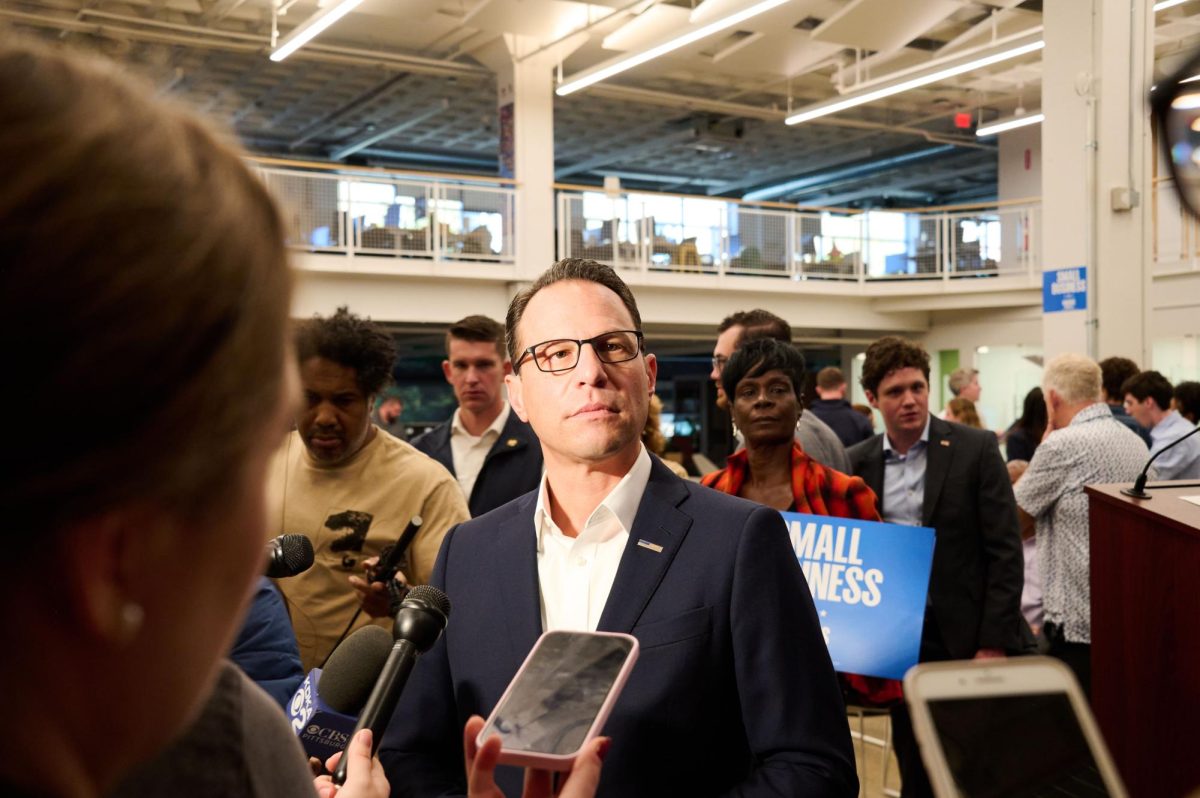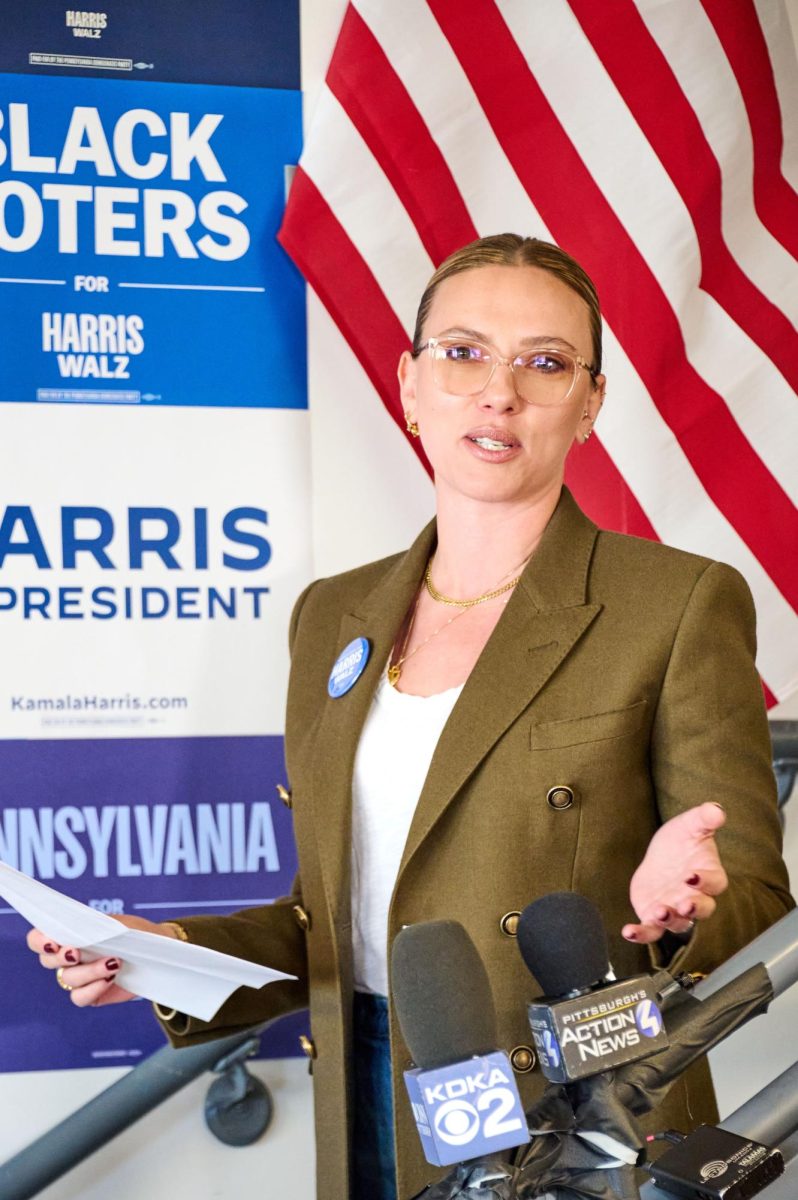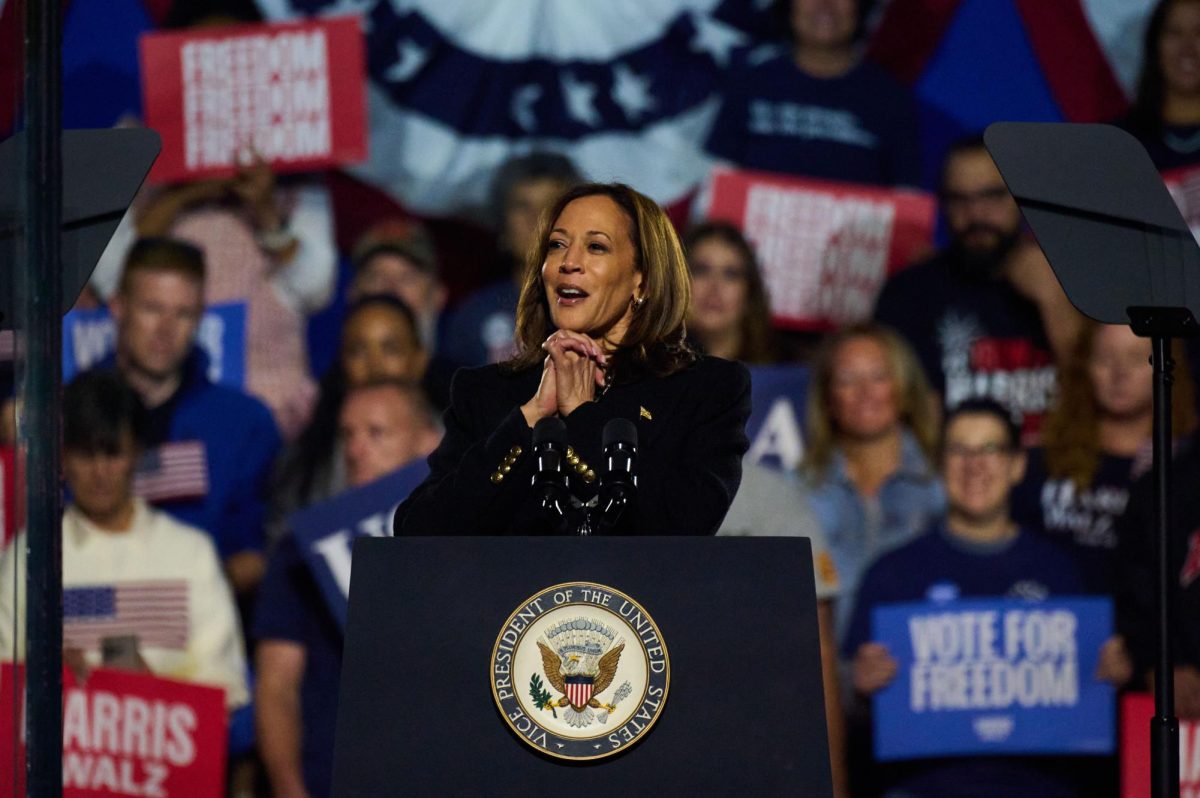
After student organizations’ budgets were approved last week by Point Park’s student government, several changes had to be made, but President Julian Singleton made it clear that the issues at hand are not related to the new process to allocate money to groups.
“It’s not actually about the funding process itself. It has nothing to do with the point at which it’s funded, it’s what we’re funding and how much extra money they needed,” Singleton said in reference to All Things Horror’s budget.
At last week’s United Student Government (USG) meeting, any student organization representatives were permitted to make it known that they were unhappy with their allocated funds, and they were invited to the finance committee meeting last Thursday to discuss the specifics of their displeasure.
Representatives from All Things Horror, Table Top Tirade, Pinnacle, Point Chic, The Body Christian Fellowship and the Global Cultural Studies (GCS) Club were all in attendance to request changes to their budgets at Thursday’s finance committee meeting.
All Things Horror’s budget has been tabled until next week, as the club did not have a representative at Monday’s meeting to answer USG’s questions after the club asked for additional money for its Halloween event.
Table Top Tirade, a group that meets weekly to play board games, accidentally requested an entire semester’s worth of funding for the first period, had its budget changed to $340 to cover the cost of games, a seasonal event, miscellaneous spending and promotional spending.
Pinnacle is a student organization that puts on plays, several of which are student written. Pinnacle submitted their budget request to USG after the deadline because originally, USG did not have contact information of the club’s leaders.
USG approved Pinnacle for $1,097 for the cost of scripts, show rights, production and props. In its itemized breakdown, Pinnacle had a set amount of money for props for each of the five productions the club plans to put on. USG combined that total and made some cuts to it, giving the club a total budget for props, as opposed to having a set props budget for each production. USG cut the budget for props because Point Park students are permitted to use props from the University’s Playhouse free of charge.
The Body Christian Fellowship, more commonly known as The Body, asked to cover the cost of a secondary instructor that worked in conjunction with the campus minister to teach members how to Salsa dance for its Salsa Night event. USG voted to move $100 from the club’s men’s group to the Salsa Night budget, in order to pay the second instructor.
Point Chic, a new student organization which plans to have a fashion blog and host other events, asked for an additional $192 for its website. The fee is a yearly lump sum, which allows for website visitors to access the page without having to enter a code, which it would require if Point Chic opted to use the free version of the website. USG stated that eventually, Point Chic will need to take over the cost of the website, but that it is allocating that money to Point Chic as it is a new club as of this semester.
GCS Club originally requested $500 to cover travel for one of the musicians the club plans to bring in for its music festival, which USG cut to $300. However, the group has to cover the cost of travel for Ryan Harvey, a musician from Maryland, so the budget was increased to the requested amount. GSC Club’s budget is now $570.
Training Retreat
Nearly all members of USG participated in a training session in the Student Center on Friday morning. The training featured an overview of USG processes and policies, including an overview of the USG Constitution.
Keith Paylo, Vice President of Academic Affairs; Michael Gieseke, Dean of Student Life; and Justin Karter, graduate student and assistant to the Honors Program all spoke about leadership at the training.
Following the training, 16 USG members traveled to Boswell, Pa. to Outdoor Odyssey, a leadership academy. The members got to know one another on the retreat, where they participated in high and low rope courses, zip lining, rock climbing and tight rope walking.
“Going in, I didn’t know anyone,” freshman representative of the School of Communication Emily Yount said. “Now I’m more comfortable with being in USG and what my part is, but also what everyone else’s part is in addition to mine.”
A number of the courses at Outdoor Odyssey required the members to split off into small groups or participate in partner activities, which Yount said established trust, especially on the high ropes course, which is 30 feet above ground.
“It wasn’t just about physical activity,” Yount said. “It was about working through a problem together. It was totally appropriate for USG because there are so many situations that are unforeseen that have to be taken care of.”
USG Vice President Andrew LeDonne noted that USG has traveled to Outdoor Odyssey for the four years he’s been involved with USG and credits it for establishing a connection with his fellow USG members.
“On the retreat…a lot of people are terrified of heights…so that’s working through another issue that isn’t necessarily an administrative or technical thing,” LeDonne said after the USG meeting Monday. “You make more of a bond with someone at 30 feet than you do on the ground.”
Singleton feels the retreat at Outdoor Odyssey builds structure for many groups, but gave USG insight on how to work collectively.
“At the end of the day, it isn’t about the leader,” Singleton said after the meeting. “It’s about every part to a cohesive puzzle.”





